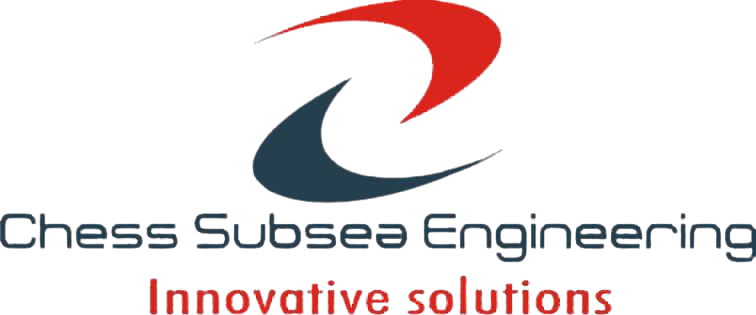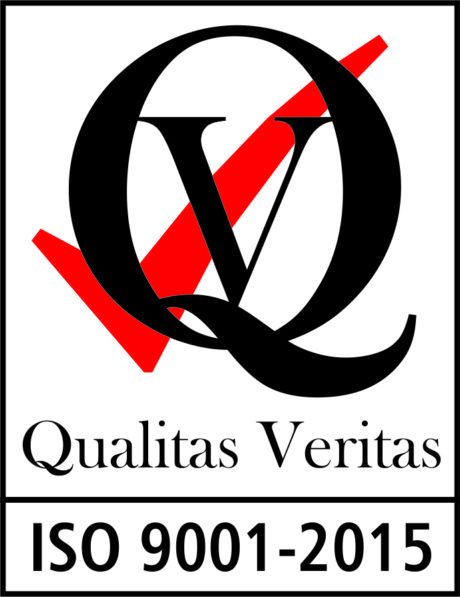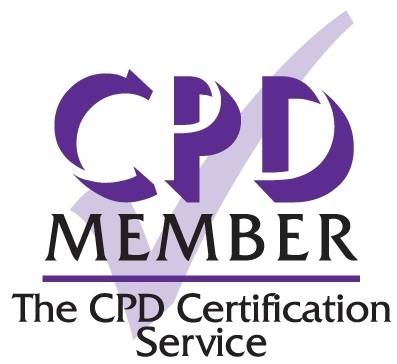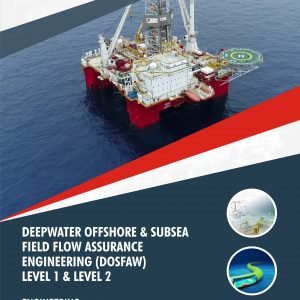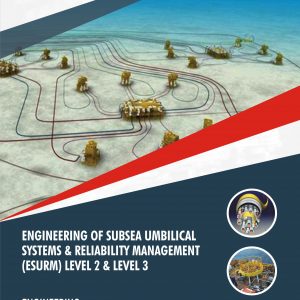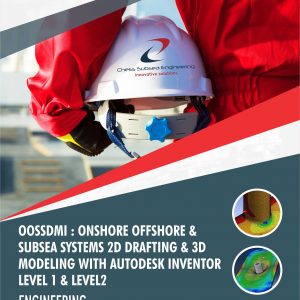Description
This course aims to provide the delegate with the knowledge to be able to produce simple computer programs that demonstrate an understanding of the three core principles of programming – sequence, selection, and iteration. Delegates will also be exposed to functions, objects, and both procedural and object-oriented programming paradigms. The course further aims to prepare delegates to go on to learn python programming languages in detail.
Exercises and examples are used throughout the course to give practical hands-on experience with the techniques covered.
Course Outline
Thinking Like a Computer
Input/Output
Storage
Arithmetic
Comparison
Decisions
Repetition
What is a Program?
What is Code?
From Source Code to Runtime
Why So Many Languages?
What Does a Programmer Do?
What and Why Variables
Name and Value
Literals
Data Types
Declaration
Initialisation
Assignment
Constants
What and Why Expressions
Operators and Operands
Unary and Binary Operators
Arithmetic Operators
Assignment Operators
Precedence
Associativity
Complex Expressions
What and Why Conditional Statement
Comparison/Relational Operators
Logical Operators
if else
switch
The Ternary Operator
Code Blocks
Variable Scope
What and Why Collections
Strings
Arrays/Lists
Declaration
Initialisation
Getting and Setting Elements
What and Why Iterative Statements
while
do
for
break
continue
Array/List Traversal
What and Why Functions
Declaration
Parameters
oReturn Type
Invocation/Call
Arguments
Return Value
Variable Scope (Review)
Modules
Libraries
Procedural Programming
What and Why Objects
Object Literals
Object Properties
The Trouble with Object Literals
Classes
Fields
Methods
Instances
Reference Variables
Primitive Variables
Passing by Val/Ref
Object Oriented Programming
The Three Principles
From Source Code to Runtime (Review)
Compilation
Debugging
Linking
Execution
Interpretation
Platform Dependence
Compilation and Interpretation (Bytecode)
Program Design
Stating the Problem
Devising the Solution
Pseudocode
Coding Conventions
White Space
Indenting
Naming
Coding Style
Readability
Flexibility
Scalability
Test Driven Development (TDD)
Assessment
Participant underpinning knowledge of python programming knowledge at Level 1 shall be accessed all through with hands on case studies involving programming with python all through the course.
Outcome
Participants will gain an in debt understanding of python programming knowledge at Level 1. They will also be able to function with minimum supervision as computer scientist for IOCs, offshore & subsea systems service contractor, vendor or installation company.
Certificate of Completion
At the end of the course certificate of Completion Based on Scottish NVQ standard Level 4 & 5 shall be issued directly from Chess Subsea Engineering Europe.
How to Register
Click here to download registeration booklet on msword and email completed booklet to info@chesssubseaengineering.org directly.
